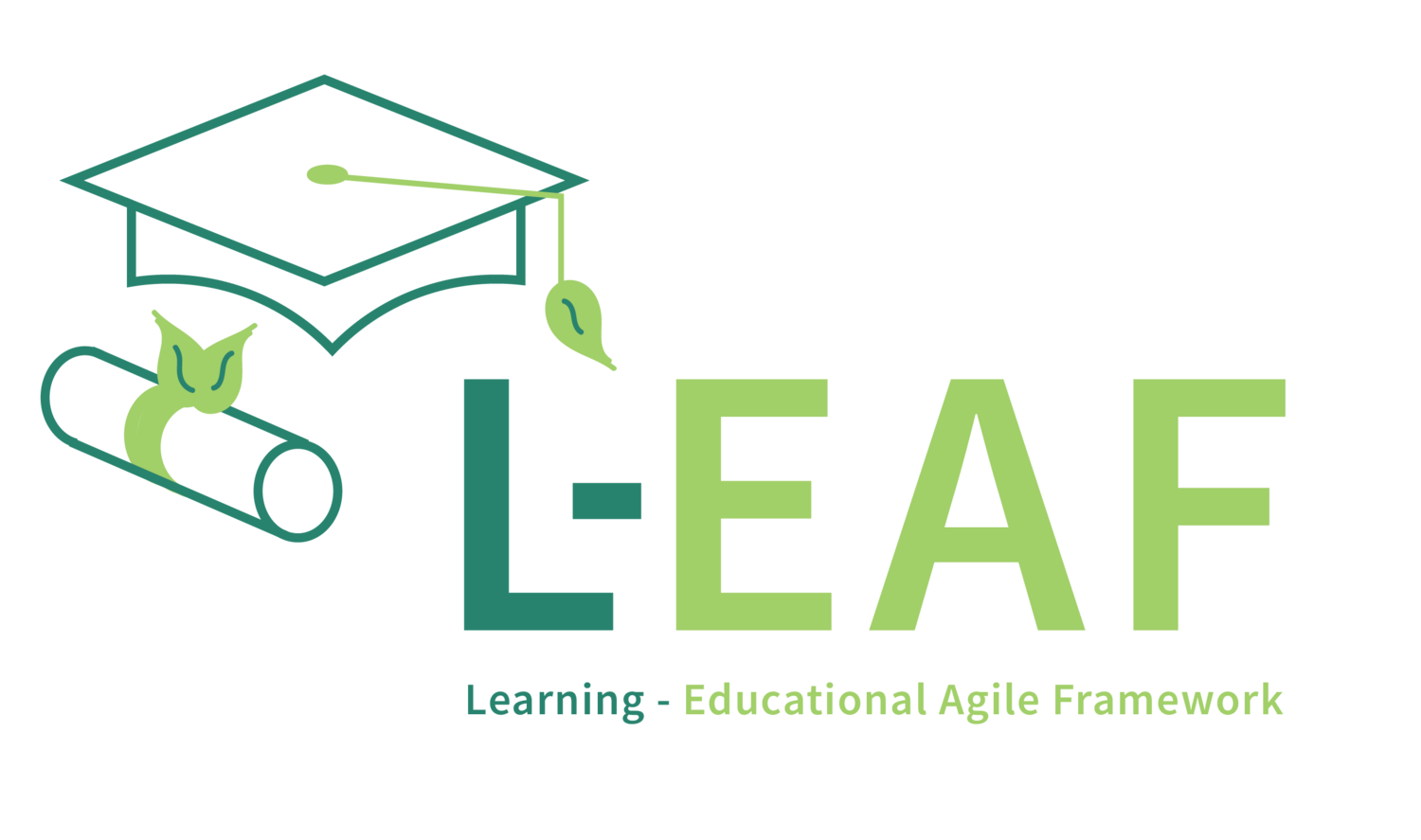The Critical Role of Purpose in Motivating Knowledge Workers in Adaptive Leadership
Introduction:
In the world of education, teachers and school leaders frequently face complex challenges—ones that don’t have simple, clear-cut solutions. From addressing student needs to managing administrative demands, these challenges often require adaptive approaches, trial and error, and a deep understanding of the system. In such an environment, the concept of purpose becomes vital. For Adaptive Leadership, purpose plays a critical role in keeping knowledge workers—teachers and staff—motivated and focused as they navigate the uncertainties and complexities of modern education.
Why Purpose Matters in Adaptive Leadership:
In the face of complex and evolving problems, knowledge workers such as teachers need more than just a set of instructions or standard procedures. They need a strong sense of purpose to stay engaged and motivated when the path forward isn’t clear. Purpose gives meaning to their work, helping them persevere through the trial-and-error processes necessary for addressing complex challenges.
Purpose Provides Direction:
When leaders and teachers have a clear sense of purpose, they understand the larger mission behind their day-to-day efforts. This purpose becomes a guiding light, giving them the confidence to explore new solutions, experiment with different approaches, and learn from failures as they seek to understand the underlying conditions and systems.Sustaining Motivation Through Uncertainty:
Adaptive Leadership recognizes that complex problems often require iterative learning cycles—where solutions are developed through trial and error. In this context, purpose is what keeps knowledge workers motivated. It helps them stay focused on long-term goals, even when short-term results are uncertain or when progress feels slow. With a shared sense of purpose, teachers and leaders are more willing to embrace experimentation, knowing that it serves the broader mission.Learning Through Trial and Error:
In the classroom or in administrative leadership, solving complex problems requires ongoing learning. Purpose provides the patience and perseverance needed to test ideas, assess outcomes, and adjust strategies as more is learned about the system. Without purpose, it’s easy for knowledge workers to become frustrated with the ambiguity and setbacks inherent in the process of discovery and improvement.
Purpose in Action: How Purpose Drives Effective Change
Consider a school facing declining student engagement. Traditional solutions aren’t working, and leadership recognizes that a new, adaptive approach is needed. Instead of prescribing a one-size-fits-all solution, the leadership team works with teachers to align on a shared sense of purpose—improving student outcomes by fostering deeper engagement. Armed with this purpose, teachers are empowered to experiment with new teaching methods, collaborate across disciplines, and share insights into what works and what doesn’t. Through trial and error, they learn more about what motivates their students, leading to effective, sustainable change.
Without a clear sense of purpose, this process might have been disjointed or discouraging. But purpose allowed the teachers and leaders to remain motivated and united as they worked through the complexities of the problem.
The Role of Leaders in Defining Purpose
In Adaptive Leadership, it’s the responsibility of school leaders to define and communicate purpose clearly. By aligning teachers and staff around a shared mission, leaders provide a framework within which trial and error becomes part of the learning process, not a source of frustration. Purpose-driven leadership ensures that every member of the team understands why their work matters, how it fits into the larger vision, and how they contribute to long-term success.
Conclusion:
Purpose is more than just a motivational tool—it’s the foundation for effective leadership in complex, adaptive environments. For teachers and school leaders, a clear and compelling sense of purpose provides the direction, motivation, and resilience needed to navigate the uncertainties of trial and error, experiment with new solutions, and drive meaningful change. Without purpose, the process of learning through complexity can feel overwhelming; with purpose, it becomes a journey toward progress.
Call-to-Action:
Ready to align your school’s leadership and staff around a shared purpose? Join our Adaptive Leadership Certification workshop and learn how to use purpose to motivate your team and drive effective change.

